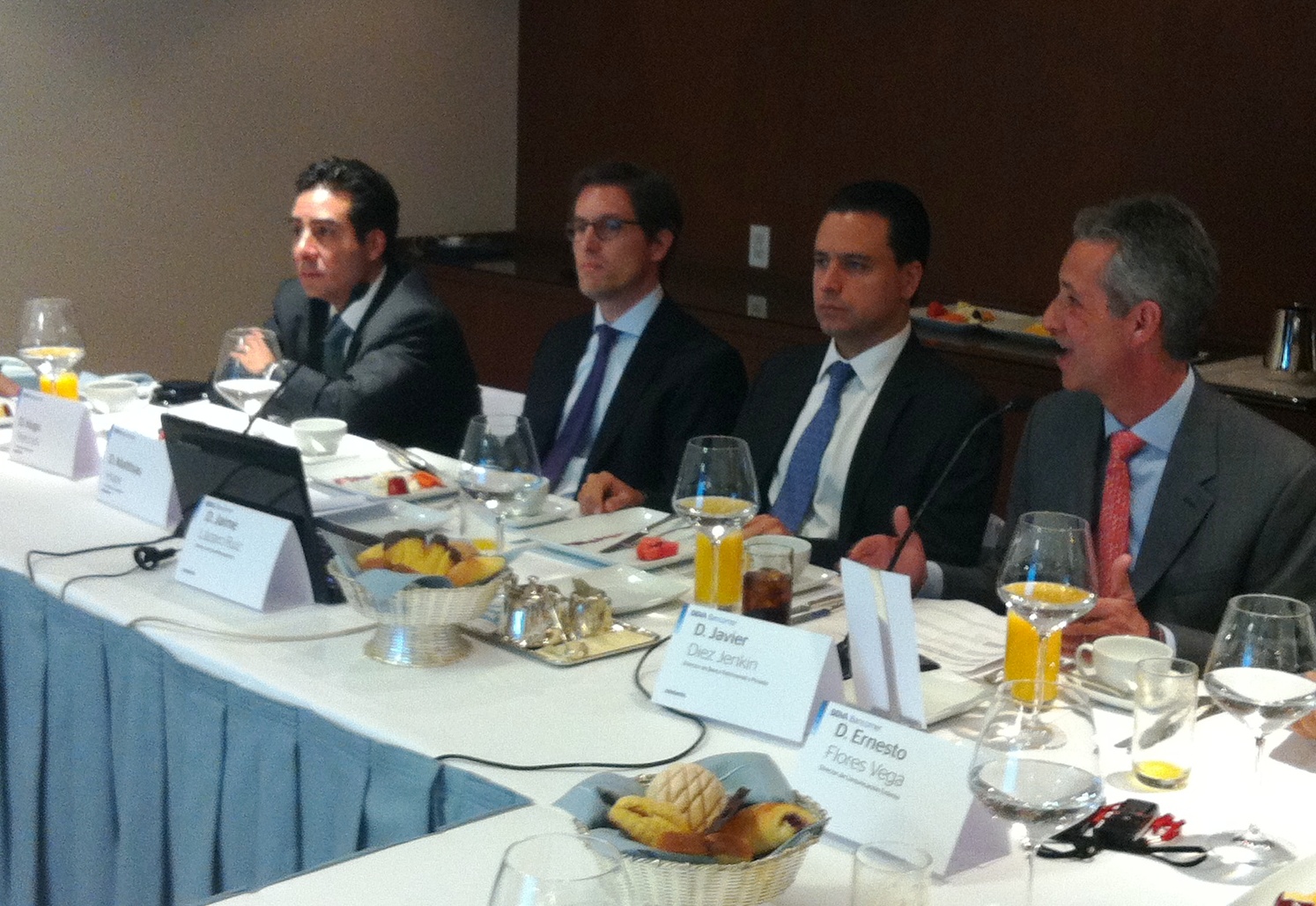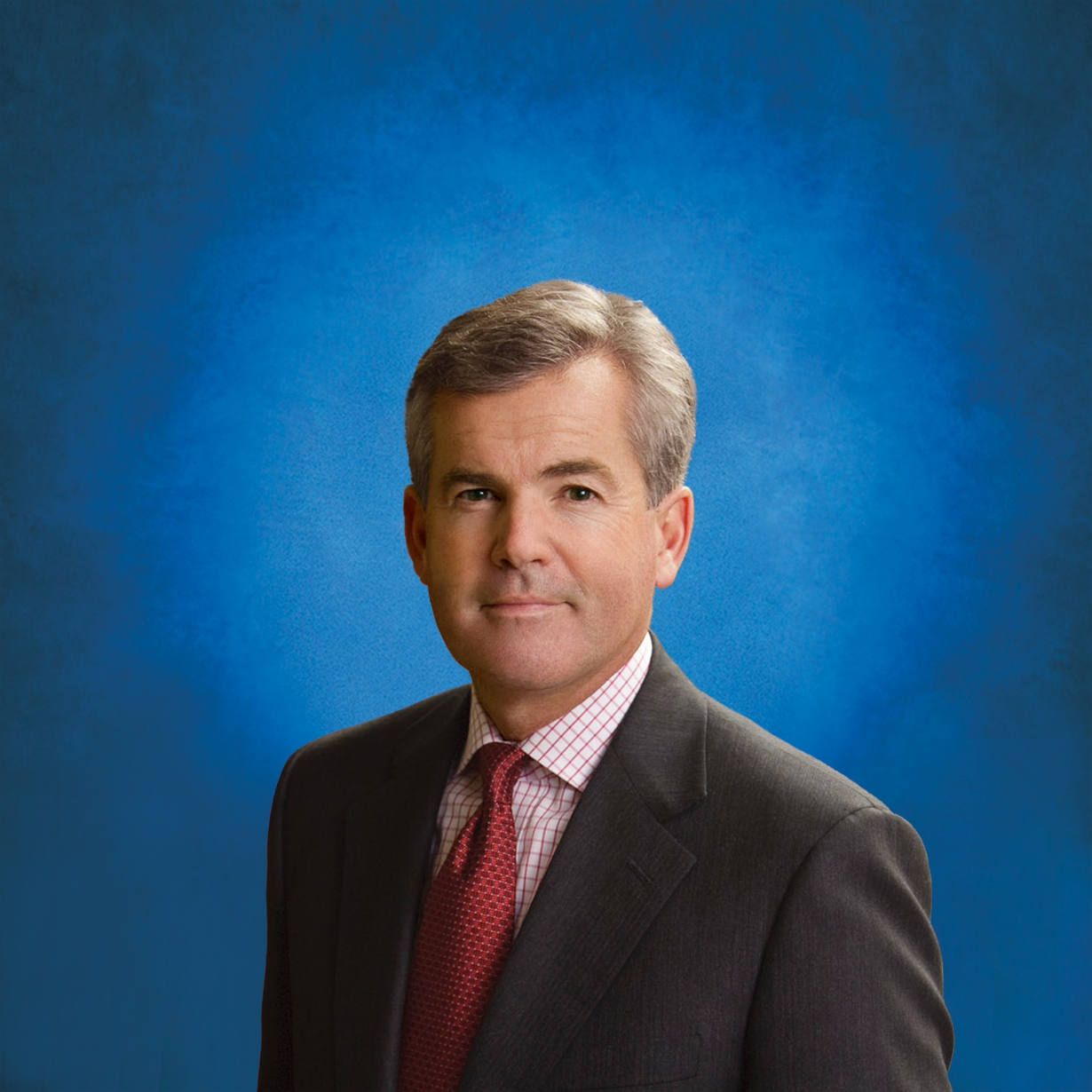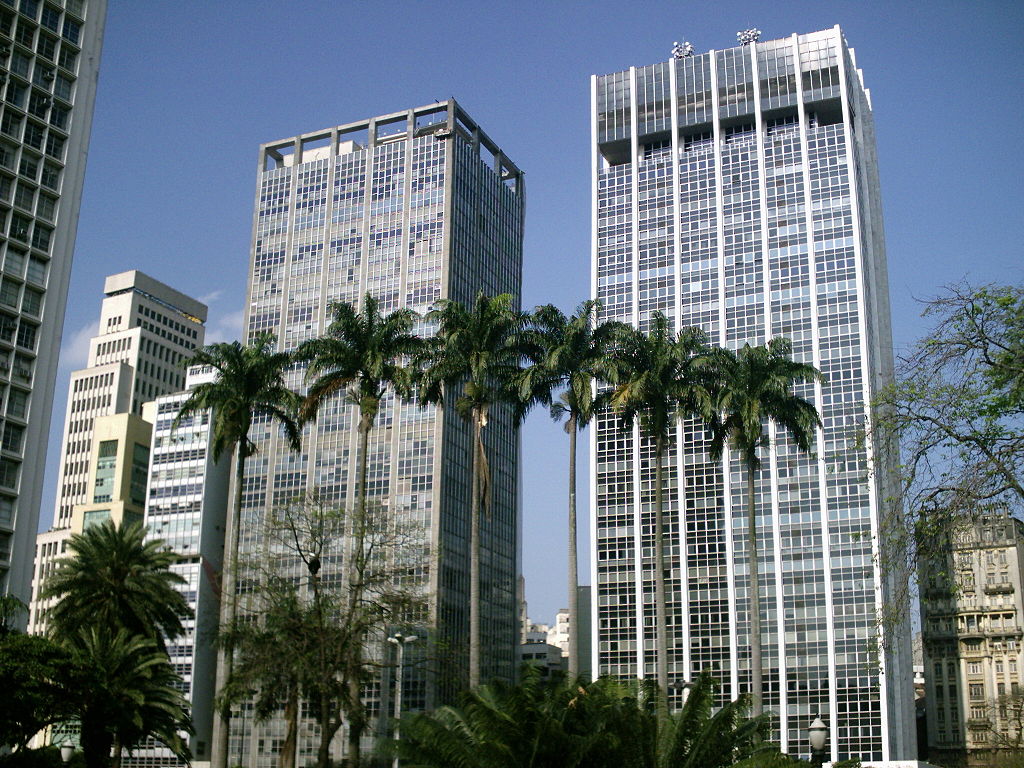Virtually all Mexican investors (95%) are optimistic about meeting their long-term investment goals, yet stock ownership is low and investment return expectations are high, according to the 2013 Franklin Templeton Global Investor Sentiment Survey. The survey polled 9,518 investors in 19 countries across Asia Pacific, the Americas and Europe on their current attitudes towards investing and their expectations for 2013 and the decade ahead.
Two thirds of Mexican investors think they will be able to meet their long-term investment goals without stocks, and Mexico has the lowest level of stock ownership (16%) of all 19 markets surveyed. By comparison, Hong Kong investors reported the highest level of stock ownership at 87% and US respondents reported 64%. Mexican investors predict a 10.8% market return in 2013 and a 14.9% average annual return on their investments over the next 10 years, the survey showed. In addition, more Mexican investor say they will be adopting a more conservative investment strategy (59%) this year than will be adopting a more aggressive one (38%).
“Given the research on expected long-term investment returns for different asset classes, there appears to be a clear disconnect between Mexican investors’ high expectations for returns and their lack of equity exposure,” said Hugo Petricioli, Franklin Templeton’s country head for Mexico and Central America. “Portfolio diversification, including stock ownership, has historically proven essential to long-term investment returns, so clearly some investor education is needed.”
Global Investing, Benefits of Working with a Financial Professional
Like investors in most countries, Mexican investors have a home country investment bias. Mexican investors currently allocate nearly two thirds of their investments to Mexico, although they expect this percentage to decline slightly over the next 10 years as a larger percentage is allocated to developed markets. However, Mexican investors show concern about investing about their own country, with nearly half of those surveyed citing lack of knowledge as the main barrier, followed by the impact of exchange rates on their investment returns and regulatory restrictions.
Globally, those who work with a financial professional are more geographically diversified with their investments, had a more accurate view of past stock market performance and were more likely to identify themselves as being optimistic about reaching their financial goals (82%) than those who do not (76%).
Global Survey Results
While over 60% of global investors believe their country’s stock market will be up in 2013, risk continues to be a concern. In addition, two-thirds (66%) of investors now expect the best equity and fixed income opportunities will be found outside their home market this year (2013), reflecting growing optimism for global investing.
Overwhelmingly, investors around the globe have higher expectations for 2013 stock market performance, particularly in emerging markets where 66% expect their local stock market will improve (versus 58% in developed markets). However, despite this optimism, 57% of those surveyed plan to pursue a more conservative investment strategy this year, with younger investors (aged 25 to 34) leading the charge toward “safer” havens.
“In spite of investors’ positive outlook, it appears that avoiding loss, rather than achieving higher returns, is still their top priority,” said Greg Johnson, president and chief executive of Franklin Templeton Investments. “Clearly the market volatility over the past five years has reinforced a preference among investors for capital retention over investment gains. As seen in recent years, this risk avoidance has led many investors to remain on the sidelines, missing opportunities.
Wylie Tollette, director of Performance Analysis and Investment Risk for Franklin Templeton Investments added, “Many investors need to rethink risk and focus on the long term. Risk avoidance and risk management are two different things. Trying to avoid short- term risk and volatility entirely may expose investors to other kinds of risks, such as inflation and the impact of rising interest rates. These longer-term risks can negatively impact their ability to meet their financial goals.”
Contributing to investor risk aversion, more than half (51%) of investors globally incorrectly believe their domestic stock market was flat or down last year, when in reality, every market surveyed experienced an increase except Spain—and the MSCI World Index was up nearly 17%.
Investors See Best Opportunities Abroad
Despite reporting an overall tendency toward more conservative investing, investors recognize the opportunities of investing abroad.
Reflecting growing optimism for global investing, two-thirds (66%) of investors now expect the best equity and fixed income opportunities will be found outside their home market this year (2013).
Considering performance of equities by geographic region, the highest portion of investors (28%) believes that Asia will provide the best equity return opportunity in 2013. Asia was also selected, with the portion increasing slightly to 33%, when investors considered equity returns over a 10-year period.
While investors are not quite ready to send the majority of their assets overseas in 2013, they do plan to invest nearly 40% of their assets in foreign markets over the next 10 years, split evenly between developed and emerging markets.
Only in Australia and the United States do the majority of investors see the best equity and fixed income opportunities at home rather than abroad, as they plan to keep about three-quarters (78% in Australia and 74% in the United States) of their assets at home over the next 10 years.
Retirement is Top Investment Goal
Retirement is the top investment priority globally, with about a third (31%) of investors selecting it as their top investment goal in 2013. The selection of retirement was highest in the United States and Canada (54%), while lowest among investors in Latin America (19% in Mexico) and parts of Asia Pacific (29%). The top goal in those two regions is saving to purchase a new home (37% in Mexico and 31% in Asia Pacific). At 12%, Europe had the highest number of investors who indicated that saving for emergencies was their top goal.
Younger Investors Most Conservative, Global-Minded
Over two-thirds of younger investors (aged 25 to 34) do not see stocks as essential to meeting their long-term investment goals, the same figure for all Mexican investors. Compared to the other age groups surveyed, younger investors are also least likely to expect stocks to outperform other asset classes and more likely to be conservative in 2013.
That said, younger investors have more of their assets currently invested abroad, at an average of 37%, and show a greater willingness to invest abroad going forward.
Stocks, Precious Metals Lead Asset Class Expectations
Globally, stocks and precious metals were each selected by 21% of investors as the asset classes expected to perform best in 2013. However, those residing in developed markets generally have a more favorable outlook for equities, with Australia, Canada, Hong Kong, Japan, Singapore and the United States expecting stocks to be the top performing asset class this year.
As investors look further into the future, they expect real estate to outperform all other asset classes over a 10-year period, with the largest portion of investors (22%) seeing the greatest investment return in that asset class. Stocks and precious metals, each selected by 19% of investors, were not far behind.
In Mexico, the expected top-performing asset classes in 2013 and over the next decade are:
2013 Expectations Top-Performing Asset Class | 10-Year Expectations Top-Performing Asset Class |
Precious Metals (61%) | Precious Metals (57%) |
Real Estate (56%) | Real Estate (54%) |
Non-Metal Commodities (39%) | Non-Metal Commodities (43%) |
By comparison, Mexican investors ranked stocks fourth, after the asset classes noted above, for 2013 and 10-year expected returns






 By Alicia Jimenez
By Alicia Jimenez